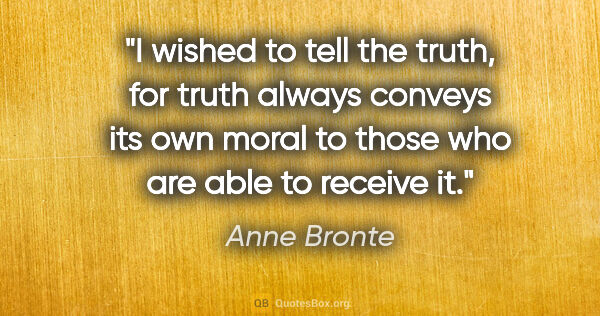Conveying Quotes (page 3)

We need a name for the new replicator, a noun that conveys the idea of a unit of cultural transmission, or a unit of imitation. 'Mimeme' comes from a suitable Greek root, but I want a monosyllable that sounds a bit like 'gene'. I hope my classicist friends will forgive me if I abbreviate mimeme to meme. If it is any consolation, it could alternatively be thought of as being related to 'memory', or to the French word mme. It should be pronounced to rhyme with 'cream'.
Richard Dawkins
It is only a novel... or, in short, only some work in which the greatest powers of the mind are displayed, in which the most thorough knowledge of human nature, the happiest delineation of its varieties, the liveliest effusions of wit and humour, are conveyed to the world in the best-chosen language
Jane Austen
Finnick:" Good to see you, Peeta."Peeta:" You be nice to her, Finnick. Or I might try and take her away from you." It could be a joke, if the tone wasn't so cold. Everything it conveys is wrong. The open distrust of Finnick, the implication that Peeta has his eye on Annie, that Annie could desert Finnick, that I do not even exist. Finnick:"Oh Peeta," says Finnick lightly. "Don't make me sorry I restarted your heart.
Suzanne Collins
I can’t hope to convey the full effect of the embraces and avowals, but I can perhaps offer a crumb of counsel. If there is anybody known to you who might benefit from a letter or a visit, do not on any account postpone the writing or the making of it. The difference made will almost certainly be more than you have calculated
Christopher Hitchens

Sir," returned Mrs. Sparsit, " I cannot say that i have heard him precisely snore, and therefore must not make that statement. But on winter evenings, when he has fallen asleep at his table, I have heard him, what I should prefer to describe as partially choke. I have heard him on such occasions produce sounds of a nature similar to what may be heard in dutch clocks. Not," said Mrs. Sparsit, with a lofty sense of giving strict evidence, " That I would convey any imputation on his moral...
Charles Dickens
How could he convey to someone who'd never even met her the way she always smelled like rain, or how his stomach knotted up every time he saw her shake loose her hair from its braid? How could he describe how it felt when she finished his sentences, turnec the mug they were sharing so that her mouth landed where his had been? How did he explain the way they could be in a locker room, or underwater, or in the piney woods of Maine, bus as long as Em was with him, he was at home?
Jodi Picoult
